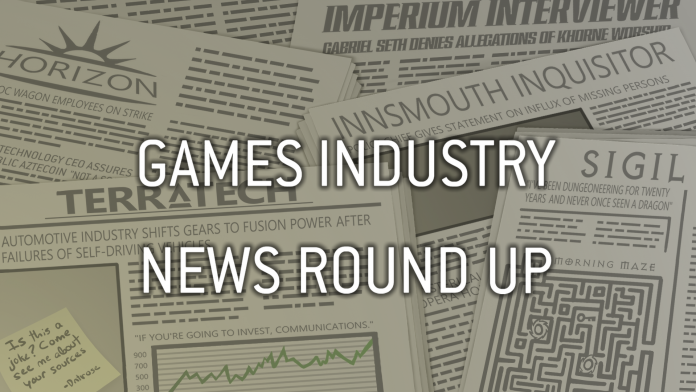For most of the world, last Thursday was just another Thursday in a year filled with at least forty some-odd Thursdays thus far. A day of the week who’s biggest claim to fame is getting to be right next to Friday, the darling superstar of weekdays.
For us over here in the United States though, last Thursday was the Thursday. Thanksgiving, the biggest Thursday of the year barring some weird happenstance like the occasional other holiday that wanders onto a Thursday. Thanksgiving is a Thursday here in the states marked by gathering near folks you care about, doing your best to dodge any family arguments, and stuffing your face full of food all while the Dallas Cowboys at least attempt to play American Football.
If you’ve ever celebrated Thanksgiving, you’re well aware of just how difficult the following days can be. Those days following Thanksgiving are filed with indigestion, frequent naps, frantic holiday decorating and probably another nap before you spend all your money on a Black Friday deal. It was touch and go for a while there, but our beloved friend in news reporting, Dan “Swiftblade” Richardson, was able to survive another post-Thanksgiving recovery weekend to report again on the games industry news of the week.
Space Marine 2 Delayed into 2024
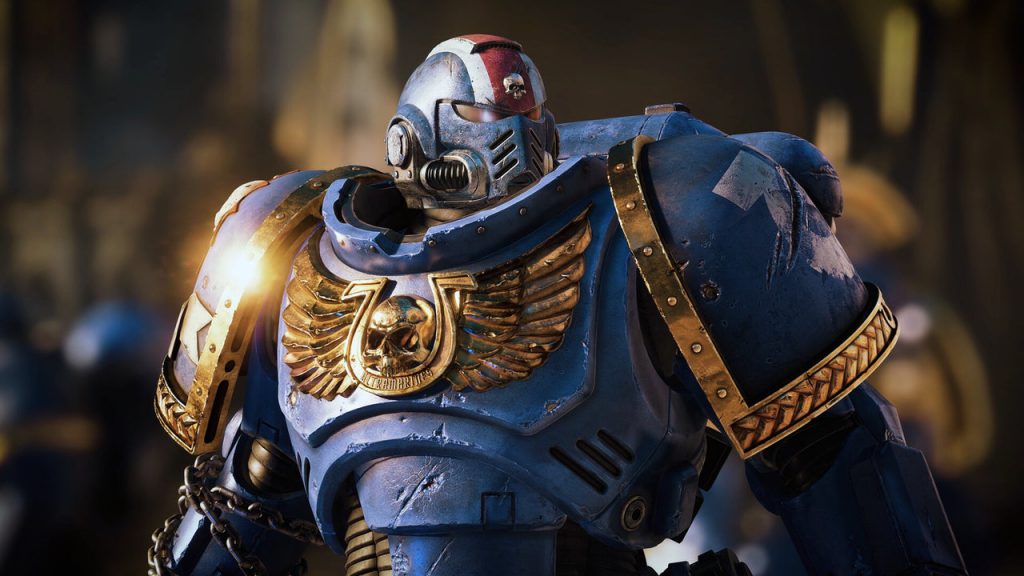
On November 21st, Space Marine 2 developer Focus Entertainment released an update about the development of several games that the company is working on.
For Warhammer fans, chief among these games is Space Marine 2, the sequel to the Xbox 360 cult classic Space Marine. Space Marine 2 was originally set to be released at the tail-end of 2023, with a multiplayer beta to precede the release for those who signed up to participate. Word on what that actual release date would be, or when to expect that multiplayer beta, hasn’t arrived yet, and 2023 is running out of time for a release window.
It’s no surprise then that the update from Focus Entertainment says that Space Marine 2 has been delayed into 2024, with a release date to be announced “early December” of 2023.
What is surprising is the new release window for Space Marine 2. Space Marine 2 isn’t just delayed into 2024, it’s delayed all the way into the second half of 2024, nearly a year from this writing. Focus Entertainment says that the reason for this is “to provide the time needed to properly polish the game and to ensure the best possible experience.”
This delay isn’t a death sentence for Space Marine 2. Focus Entertainment is a seasoned developer and publisher in the video game industry, with successful titles under its belt such as the Plague Tale series, so the company has the resources and talent to take advantage of this delay. With so many games recently coming out half baked and riddled with performance issues, it’s a relief that Focus Entertainment is at least trying to avoid that for Space Marine 2.
Still, the length of this delay is concerning. When a game is delayed for developer polishing, it usually is a delay of a few weeks or months. A delay of nearly a year likely means that much more intensive work is needed on Space Marine 2. Games that get delays like this usually aren’t in great states when the delay is announced and cause months of employee crunch, such as Cyberpunk 2077 a few years ago.
If it had been a year with less agonizing industry layoffs across the board, I’d be more inclined to feel optimistic about the future of Space Marine 2, but the reality of 2023 has left me feeling little except weary pessimism when it comes to video game executives making good decisions in good faith.
Despite my feelings, and whatever the problem is, I really do hope Focus is able to resolve it and deliver a stellar product for us to enjoy when it releases. As Gabe Newell, founder of Valve Entertainment, said in a recent documentary: “Late is just for a little while; suck is forever.”
Sony Fails to Stop PlayStation Store Lawsuit
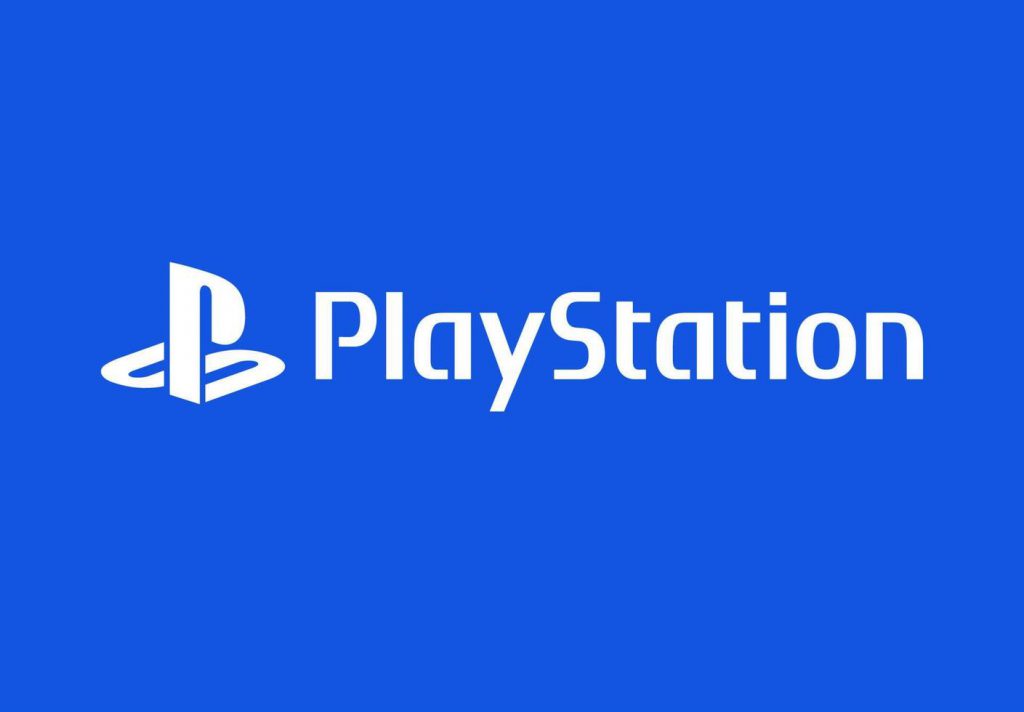
In August of 2022, a massive lawsuit was brought against Sony and the PlayStation Store. Sony moved to have this multi-billion dollar lawsuit dismissed, but on Tuesday of last week the London Tribunal ruled against Sony and allowed proceedings to move forward with the case.
The case against Sony here is that Sony holds a near-monopoly on the digital distribution of PlayStation games with the PlayStation store, and employs anti-competition tactics in order to make sure that it remains the only player in this space. Since there’s no alternative platform for purchasing PlayStation games digitally, Sony’s able to take a 30 percent commission on all sales through the PlayStation store. While this practice is not unique only to Sony and the PlayStation digital storefront, consumer rights groups in the UK have had enough and sued Sony for $7.9 billion.
Sony tried to kill the lawsuit entirely before it could see the inside of a courtroom, but the competition appeal tribunal decided to allow the case to move forward, saying Sony “failed to establish that the [complaint] has no reasonable grounds for making the claims/no real prospect of succeeding at trial.”
We’ve seen similar cases like this in the United States in recent years, but this represents the first time a case against a digital video game storefront like this has been brought to court across the pond. If these consumer advocacy groups are successful, it could be a big deal for other video game digital distribution platforms.
eBay Under Fire for Anti-Union Efforts at TCGPlayer
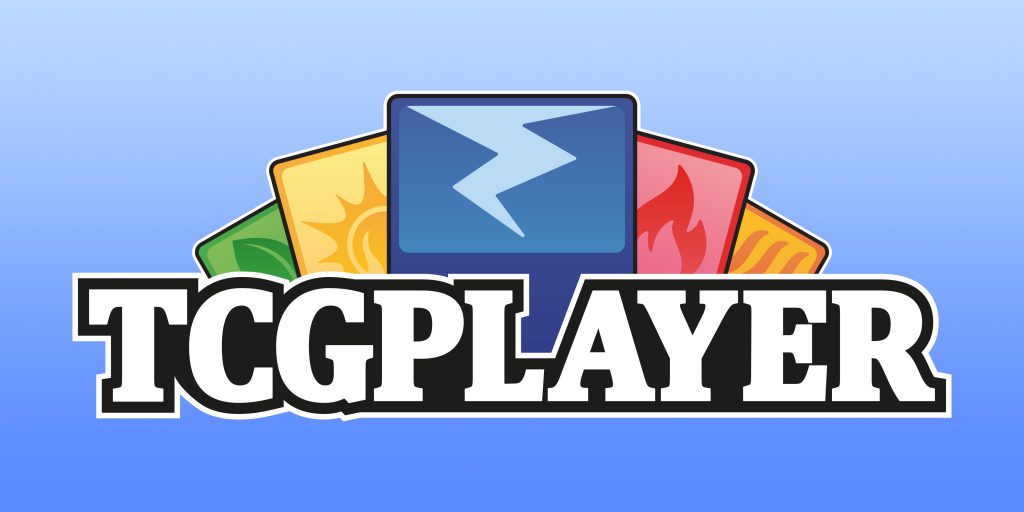
Earlier this November, the Office of the New York City Comptroller as well as the New York state comptroller sent a stern letter to massive online auction house eBay regarding their treatment of unionization efforts in the eBay subsidiary TCGPlayer.
Ebay acquired the popular online trading card storefront in 2020 for $295 million. Earlier this year employees at decided to engage in collective action and filed for a union election, which they won in March of 2023. Since then, the relationship between TCGPlayer Union representatives and eBay has been tense. Union reps at TCGplayer have accused eBay of taking illegal anti-union actions such as stalling elections, refusing to bargain in good faith with union leadership, and distribution of anti-union materials to employees. As a more recent example of refusing to bargain with TCGPlayer union leaders in good faith, when the union put forward 25 potential dates to engage in bargaining with eBay, management stonewalled the union by only accepting one of the dates.
The New York City comptroller’s office stepped in when it was brought to their attention that a key sentence about workers rights was removed from eBay’s Human Right’s Policy statement: “eBay also respects workers’ rights to unionize, and commits to bargain in good faith with any relevant associations or labor unions.”
The comptroller’s office minces few words in how it feels about eBay’s attempt to walk back it’s support of employee unions.
“The circumstances surrounding the revision to the Human Rights Policy are unsettling and raise investor concerns about the Board’s commitment to human rights and its independent oversight…This sequence of events may lead some eBay employees and shareholders to believe that the company has rescinded its commitment to uphold workers’ fundamental human rights to form a union and engage in collective bargaining, especially those who are not familiar with the global human rights instruments that eBay claims to respect.”
Why should eBay care what the state of New York thinks about their change of heart regarding workers unions? As it turns out, angering the good people of New York could be very bad for eBay’s wallet. The New York state and New York City pension funds, which are both two of America’s largest pensions, collectively hold two and a half million shares of eBay. As of earlier in the summer of 2023, that’s about $111 million dollars worth of eBay shares.
The letter sets a firm response date of December 4th, 2023 for eBay to respond to the comptrollers. It’s unclear what would happen if eBay decides to just ignore the comptroller’s request, but I would think that doing so would likely be expensive for eBay.
OpenAI CEO Returns
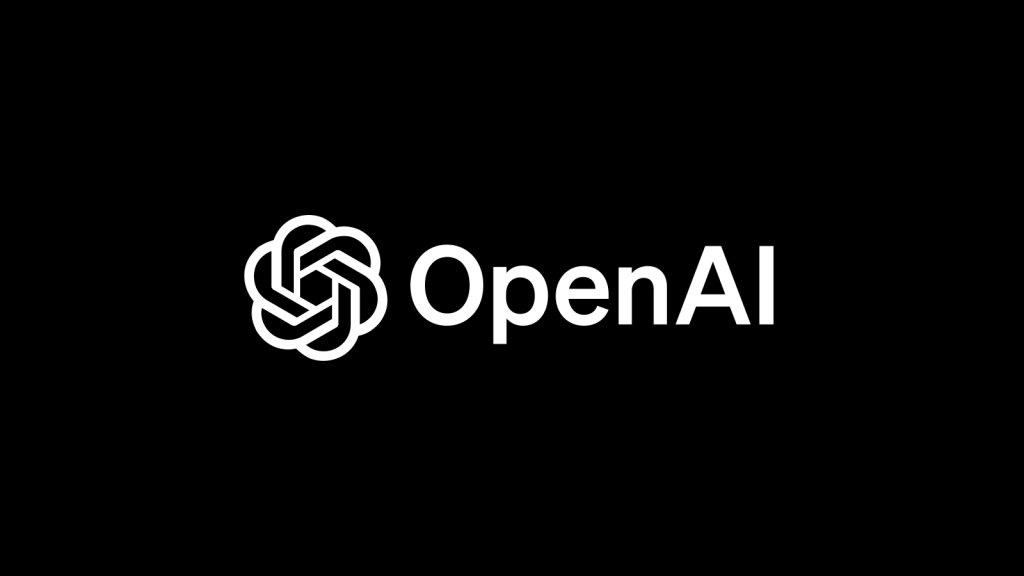
After several days of closed door meetings and tense negotiations, the briefly prodigal CEO of OpenAI, Sam Altman, returned to his chief executive position last week.
The announcement of Altman’s return as CEO also came with news of a reshuffled board of directors at OpenAI, as well as a stronger partnership with Microsoft, who owns 49% of the company’s shares. While the new board includes some returning faces from the previous board of directors who ousted Altman, this changing of the guard greatly strengthens Altman’s singular control over the direction that OpenAI takes in the future, with Microsoft at his back and in his wallet.
As for why the board of directors fired Altman in the first place? It’s still unclear, and may remain unclear for a very long time. What is more clear is that Altman back as CEO at OpenAI feels like watching the Julius Caesar of tech bros return to Rome, consolidating power and casting away any pretense of caution about safe or ethical use of AI in favor of the profit margin.
What does this have to do with the games industry though? Generative AI can’t help me roll more sixes in my game of Warhammer, it can’t paint models for me while I scarf down hot chips, and it cannot understand the true nuance of poster’s bushido. Why should we care about whatever weird stuff Sam Altman and OpenAI are up to?
Generative AI is a very powerful technology with many practical purposes. While it’s far away from being truly “smarter” than a person, the ability for generative AI to take in large chunks of information and train itself to recreate things similar enough to that information to be nearly indistinguishable from the real deal is a major advancement in tech. For things like math, computing, science, and other things that make my brain hurt, this is awesome. Where it gets dangerous, as we’ve seen here already in the roundup, is when generative AI is recklessly applied to creative pursuits as a way to circumvent the need for creatives by profit-hungry executives.
Altman’s return here means that AI-driven drama and schemes aren’t going away anytime soon anywhere, and in fact will likely accelerate. Company executives who only see in dollar signs will rush to the promise of generative AI without any meaningful understanding of what the technology even is. As an example, Sports Illustrated is already trying to publish articles written by AI, with no consideration of what the quality of those articles might be, or how it affects the livelihood of sports writers already employed with the company.
Unfortunately, tabletop games are not entirely free of this sort of corporate greed that is drawn to AI like moth to flame, and now that flame is burning even brighter. I recommend you keep your eyes open for potential misuse in our hobby to protect those who create for it, and we will continue to report what we find about AI in games.
Rock, Paper, Shotgun and Dicebreaker Owner Looks into “Potential Sale” of Gaming Websites
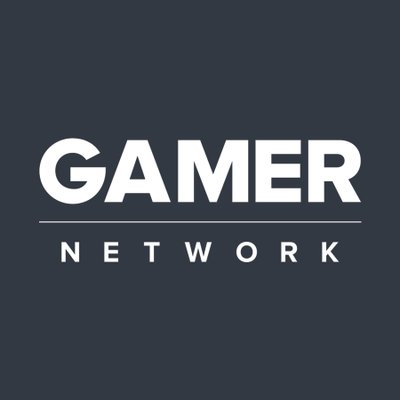
Games Industry.biz broke a story on Monday that ReedPop, a U.S. based events company, is looking into a potential sale of its gaming websites under the Gamer Network banner.
Gamer Network is a collection of gaming sites based out of the UK, such as Rock, Paper, Shotgun, Eurogamer, VG247, Dicebreaker, and the aforementioned Games Industry.biz. Gamer Network also hosts MCM Comic Con in the UK. Gamer Network was acquired in 2018 by ReedPop, and looked to expand the brand of the Gamer Network into it’s own events portfolio, which includes PAX Unplugged and New York Comic Con.
In a statement today, ReedPop announced “ReedPop, part of RX, has reviewed its UK business and decided to investigate the potential sale of its Gamer Network and associated editorial Digital properties… We believe that new ownership offers the best conditions for the growth of the business.”
ReedPop will not be looking for buyers for its UK based events, only the associated websites under the Gamer Network banner.
As for what it means for those websites under the Gamer Network banner? It seems uncertain. In an article about the subject, Dicebreaker editor-in-chief said that “That’s all we know for now; for now, Dicebreaker’s output, the team and our plans won’t change… As for what happens if and when we’re sold, we’ll let you know when we do.”
The team here at Goonhammer wishes those who may be affected by this sale the best of luck, and hopefully these websites and the teams behind them all land on their feet.
And that wraps it up for our Games Industry News Roundup this week! Join us again next week for more news about the tabletop games industry and related media. If you have an interesting tabletop news lead, send it to contact@goonhammer.com and we may include it in next week’s report!
